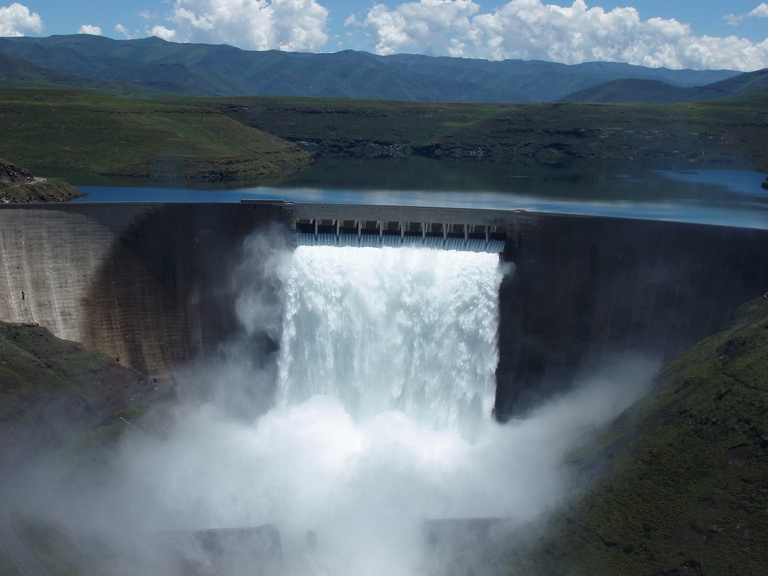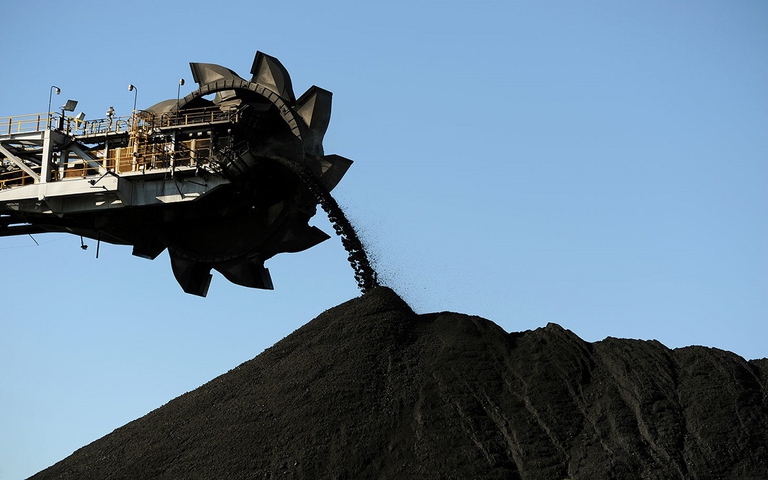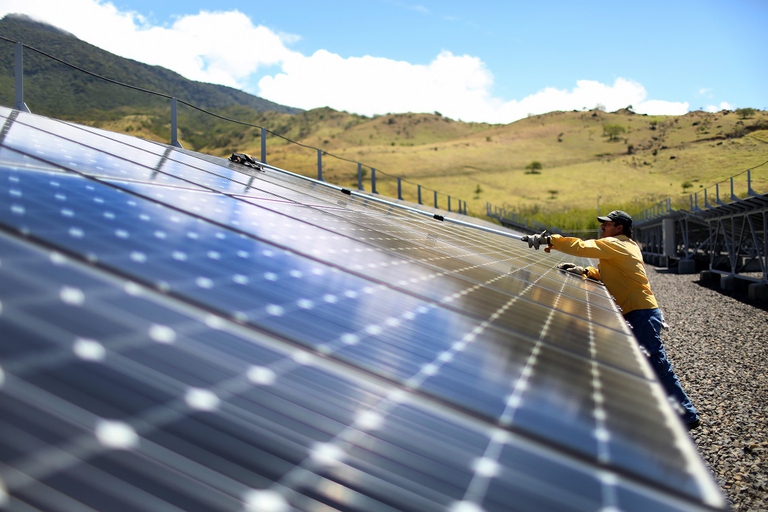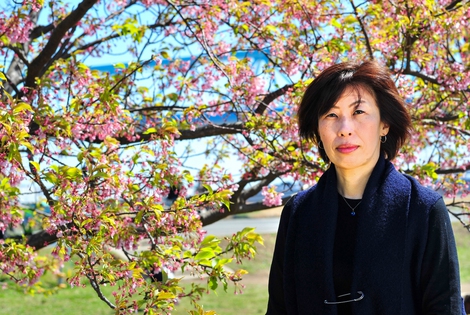
Three people putting the protection of the planet before themselves. Three powerful stories from Latin America, the deadliest region for environmental activists.
Il futuro del nostro pianeta dipende dalle azioni che i paesi, grandi e piccoli, intraprendono per ridurre le emissioni. Ci sono stati virtuosi ma anche chi è rimasto indietro.
Costa Rica and Australia are the exact opposite, as for geography as well as for the environmental impact. The small Central American state, well known for its heavenly beaches and lush forests rich in biodiversity, mainly runs on renewable energies and has small impact on climate.
Despite the country’s minimum impact, the government of Costa Rica considers CO2 emissions reduction to be a priority. In the first quarter of 2015, Costa Rica entirely ran on energy from renewable sources, combining geothermal and hydroelectric energy.
Australia, on the contrary, is the country with the highest amount of emissions per capita in the world, almost equalling the US. The difficulty of comparing a small country like Costa Rica to Australia, which is the world’s 6th largest country, is clear. Yet, the Australian government is accused of lacking the ambition demonstrated by Costa Rica and a policy of emissions reduction.
In 2011, Costa Ricans produced a tenth of CO2 emissions per capita (1.7 tonnes) compared to Australians (16.5 tonnes). Rather than wallowing in its positive results, Costa Rica aims to reduce further its impact. Its goal is to become the first “carbon neutral” country of the Southern Hemisphere by 2021, able to offset the total amount of its CO2 emissions.
On the other hand, Australia is not cutting its emissions, and the former minister Tony Abbott abrogated the carbon tax last year. Australia is a country rich in coal deposits, which have a great impact on the economy and politics, whilst Costa Rica, which boasts the world’s highest biodiversity density, is in the forefront in safeguarding the environment.
Costa Rica and Australia are thus two sides of the fight against climate change and remind us that this is a challenge each nation has to face, not only the US, China, and India, the three countries generating the highest amounts of polluting emissions.
COP21, the Climate Conference to be held in Paris from 30 November to 11 December 2015, is getting close, but the goal to keep the global temperature rise below 2°C seems still too far away. In this race against time to reduce global emissions, even the smallest countries, like Costa Rica, can play a crucial role.
They can demonstrate to other small countries that the path towards sustainability is possible, as well as they can be an example for big countries, encouraging them to do more. “The argument that small countries can’t do anything just does not hold,” says Niklas Hohne, founding partner with Germany’s NewClimate Institute. “If they do the right thing, they can make a big difference.”
Siamo anche su WhatsApp. Segui il canale ufficiale LifeGate per restare aggiornata, aggiornato sulle ultime notizie e sulle nostre attività.
![]()
Quest'opera è distribuita con Licenza Creative Commons Attribuzione - Non commerciale - Non opere derivate 4.0 Internazionale.
Three people putting the protection of the planet before themselves. Three powerful stories from Latin America, the deadliest region for environmental activists.
Influential scientist, activist and author Vandana Shiva fights to protect biological and cultural diversity, and against GMOs.
Kimiko Hirata has blocked 13 new coal plants in Japan, but she hasn’t done it alone. The 2021 Goldman Prize winner tells us about her movement.
The Goldman Environmental Prize, the “green Nobel Prize”, is awarded annually to extraordinary activists fighting for the well-being of the planet.
We talk to Shaama Sandooyea, activist and marine biologist from Mauritius onboard Greenpeace’s Arctic Sunrise ship in the heart of the Indian Ocean.
Arrested for supporting farmers. The alarming detention of Disha Ravi, a 22-year-old Indian activist at the fore of the Fridays for Future movement.
Water defender Eugene Simonov’s mission is to protect rivers and their biodiversity along the borders of Russia, China and Mongolia.
Chibeze Ezekiel, winner of the 2020 Goldman Environmental Prize for Africa, is fighting to guide new generations towards a renewable future.
Leydy Pech, winner of the 2020 Goldman Environmental Prize for North America, is the beekeeper who defended Mexican Maya land against the agro-industry.










